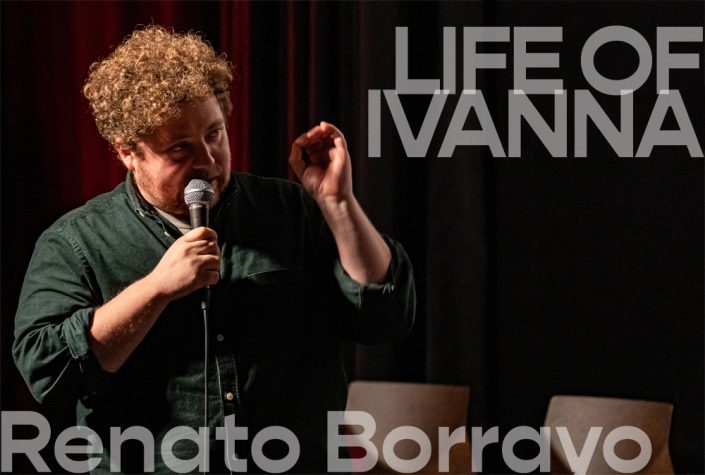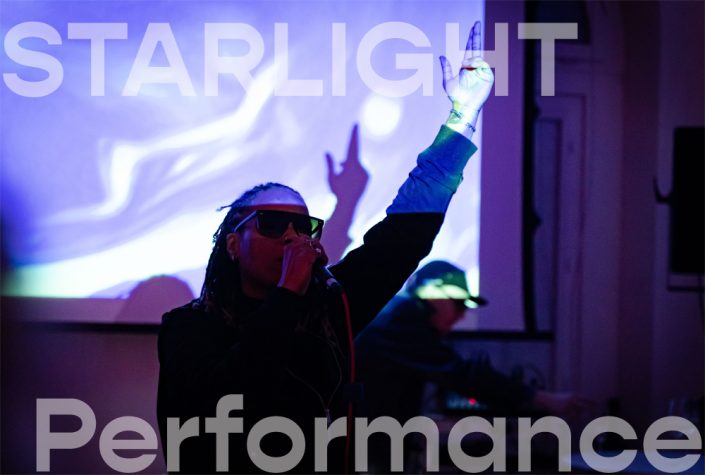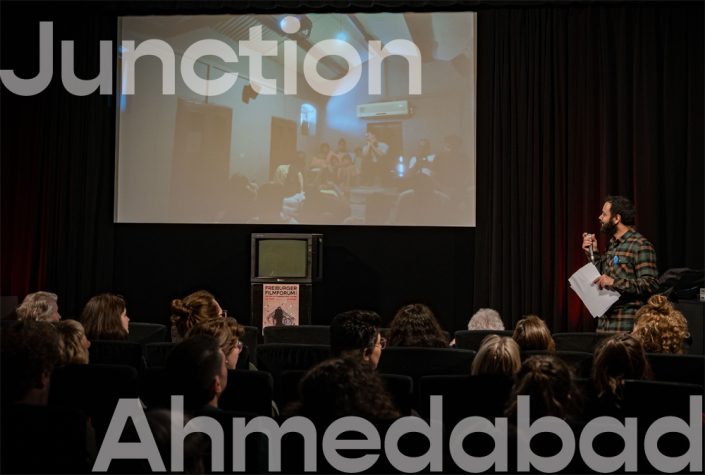Three million Afghan refugees live in Iran, often facing discrimination and enduring mostly precarious conditions. Since the tightening of U.S. sanctions and the resulting inflation, thousands of refugees are returning to Afghanistan every day. The Imam Reza Deportation Center in Tehran oversees the departures, takes photographs, and records fingerprints. The migrants are asked surprisingly personal questions about everything from religion to drugs to family matters. Bahman Kiarostami focusses on the situation at the desks and the interviews proceeding at times with a military sharpness but mostly with pragmatic composure and unexpected openness. Like a chamber play and without leaving the site, EXODUS reveals a piece of migrant life in Iran, while also taking a first look at the return home across the border.
Bahman Kiarostami, born 1978 in Tehran as son of the prominent director Abbas Kiarostami. He works as a documentary film director, editor and cinematographer. He made his first documentary MORTEZA MOMAYEZ: FATHER OF IRANIAN CONTEMPORARY GRAPHIC DESIGN in 1996. Most of his films focus on valuing and legitimizing processes in art, but also cover the visible yet obscured and unnoticed details which define Iran’s post revolutionary visual culture. His filmography includes MONIR (2014), TAXI-TEHRAN (2011, R: Jafar Panahi), RE-ENACTMENT (2006), PILGRIMAGE (2004), INFIDELS (2004) a.o.. He worked as an editor also for two feature films of his father (CERTIFIED COPY, 2010; LIKE SOMEONE IN LOVE, 2012).
Director, editing: Bahman Kiarostami
Cinematography: Davood Maleki
Sound: Amirhossein Ghassemi
Contact: bkiarostami@gmail.com









